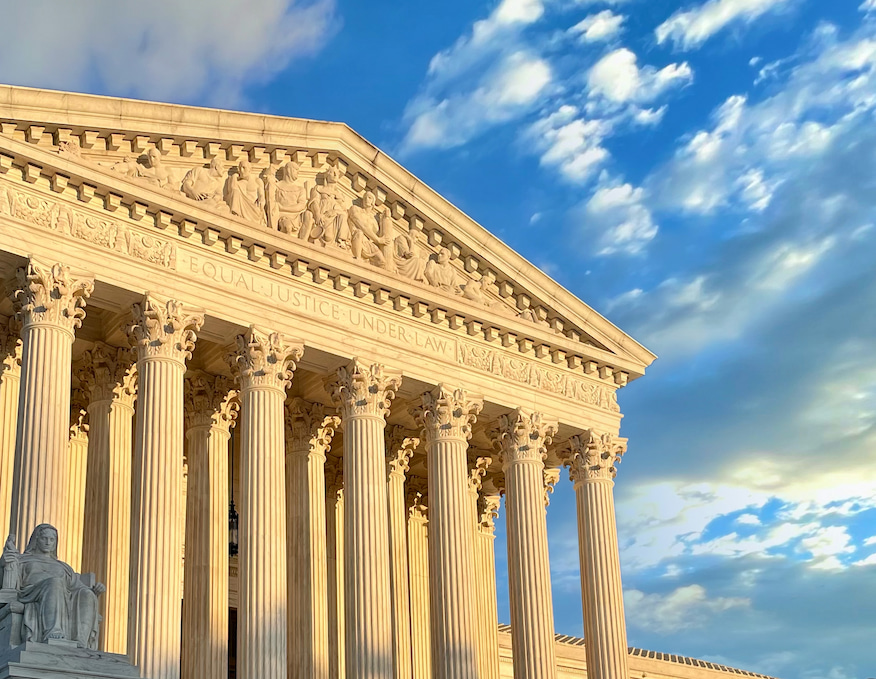20.06.2023 11.29 CDT
Plan sponsors can now take advantage of new opportunities to self-correct errors.
Since 1991 the IRS has had a program allowing plan sponsors to correct administrative errors and, over the years the IRS has expanded the availability of this program and the ability to “self-correct” errors without an IRS filing. SECURE 2.0 took this trend--of expanding the availability of self-correction--to the next level by directing the IRS to allow self-correction for a broad range of “inadvertent” errors. IRS Notice 2023-43 clarifies the rules for this expanded self-correction opportunity.
14.12.2022 09.06 CST
New DOL guidance seeks to clarify relationship between ESG factors and ERISA fiduciary requirements.
The U.S. Department of Labor has issued new final regulations that attempt (once again) to clarify how plan fiduciaries can consider the use of environmental, social and governance factors (“ESG”) in making plan investment decisions. The goal of these new final regulations was to walk back regulations, finalized during the waning days of the Trump administration in December 2020, that placed obstacles in the way of fiduciaries considering the use of ESG factors.
17.11.2022 11.59 CST
A round of court cases following Supreme Court’s Hughes decision places a greater burden on plaintiffs bringing fiduciary litigation.
Several recent decisions handed down by federal appellate courts offer some good news for plan fiduciaries. In each of these cases the courts affirmed dismissals of fiduciary litigation, concluding that the facts alleged were just not enough to support a claim. The dismissals were based on the courts’ assessment that even if the general facts alleged were true (e.g., that other plans paid less in recordkeeping or management fees or that other funds performed better) –those facts would not show that the actions taken by the fiduciaries for these specific plans were not prudent.
01.02.2022 03.04 CST
Fiduciaries are responsible to exercise prudence in all decisions—not just some.
The Supreme Court’s decision leaves unanswered many difficult questions facing fiduciaries.
25.05.2021 08.58 CDT
What does it mean for a retirement plan to "protect" data--and are barriers to unauthorized access limited to blocking hacks?
Plan Data: What is “Secure”?

What does it mean for a retirement plan to "protect" data--and are barriers to unauthorized access limited to blocking hacks?
There is an increased focus on protecting retirement plan data. However, both regulators and the courts are taking a narrow view of the kinds of protections that should be in place,



